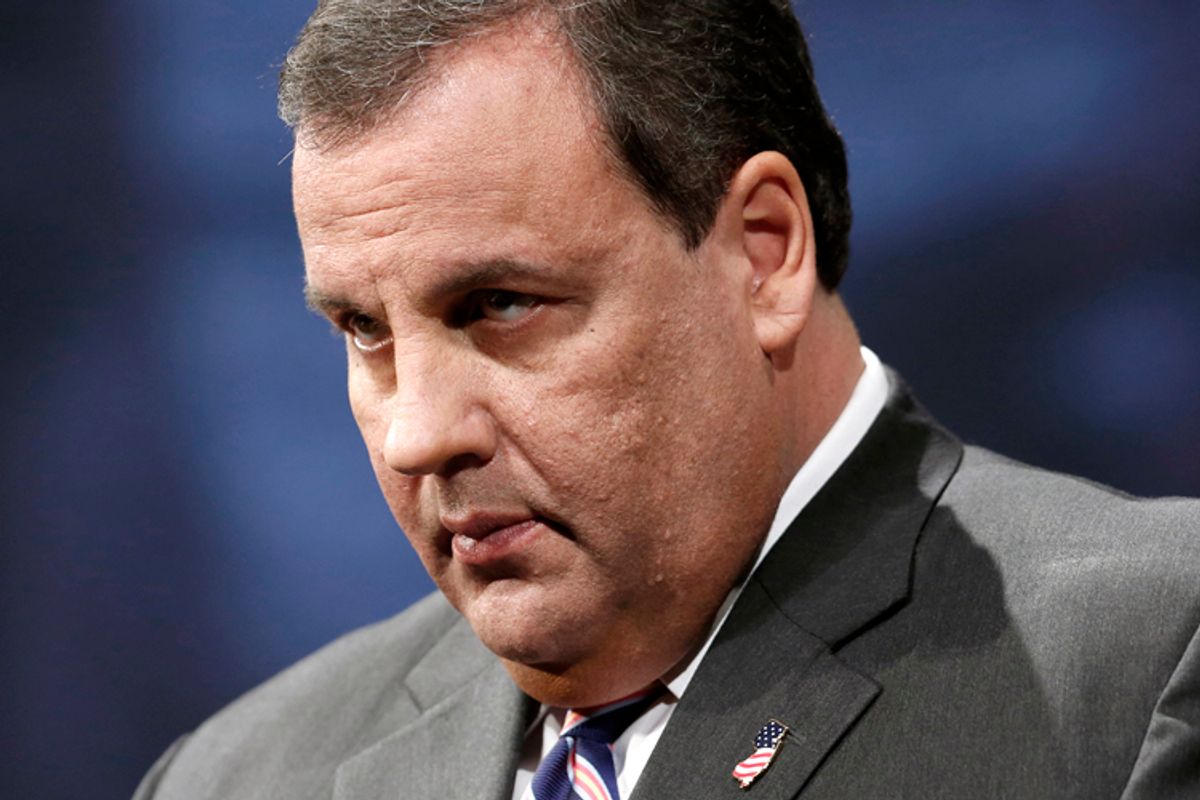Paid sick leave activists expect to score unanimous support in a Newark City Council vote this morning, and then to shepherd a statewide bill to the desk of Gov. Chris Christie.
“One hundred percent confident, Newark City Council is going to vote this in, and make Newark proud,” New Jersey Working Families Alliance executive director Analilia Mejia told Salon Monday. Under current law, she said, “the sad truth is that for many workers in New Jersey, and in the city of Newark, they have to make a choice between their health and their paycheck.”
If passed and signed, as promised, by Mayor Luis Quintana, the ordinance will make Newark the seventh U.S. city with a broad mandate requiring private companies to provide paid sick leave to employees. As I’ve reported, such policies have seen swift, if unsteady, progress since 2011, with Seattle, Portland, New York City and the state of Connecticut all passing new paid sick leave laws, while nine states passed preemption bills to override or avert their cities from joining them. In New York City, polling suggests then-City Council Speaker Christine Quinn’s mayoral primary bid was hurt by her role in delaying and weakening a paid leave law passed last year; the new mayor who defeated her and new speaker who replaced her opened 2014 by announcing a bill to beef up that law.
Under the Newark bill, workers would accrue about an hour of paid sick leave for each 30 hours worked, up to five days a year at businesses with over nine employees and three per year at smaller companies. Those days could be used to care for one’s self or a family member. The bill was amended in December to grant workers the right to pursue violations in municipal court, and to broaden its definition of family, language that Mejia told Salon “we would love to see replicated elsewhere.”
Advocates had originally expected the sick leave law to be passed in October, the same week then-Mayor Cory Booker hoped to be elected to U.S. Senate; the Working Families Alliance’s Rob Duffey told Salon in September that by getting behind the bill, Booker could “prove he can not only talk the talk but walk the walk when it comes to addressing poverty.” A Booker spokesperson told Salon at the time that Booker “supports paid sick leave and will carefully review any legislation to ensure the city passes something that protects both workers and the small businesses that employ so many Newarkers.”
Asked Monday if the ultimate bill would have emerged stronger or weaker had Booker (who resigned Oct. 30 to join the Senate) still been mayor, Mejia said she had “no way to answer that,” but that his office had expressed its support, and “I would bet that he would be 100 percent in support of this ordinance, because it’s right in line with core values that he has expressed.” Asked whether Booker had played a role in making the bill’s provisions more or less stringent, Booker spokesperson Kevin Griffis told Salon in an email that the senator “supports paid sick leave, with common sense protections for small employers, and believes it should be adopted nationally and would strengthen the economic security of millions of Americans.” Griffis added, “As someone who spent seven years fighting to bring new development to Newark, his one concern about adopting paid sick leave in a more piecemeal fashion is that it could be used by other municipalities to discourage businesses from coming to Newark or to other communities that have extended this important right to workers.” Griffis said Booker was supportive of the current Newark bill.
Supporters hope that a citywide law in Newark – the second in New Jersey – will fuel momentum for a statewide paid leave law, the second in the United States. Mejia said she was “sure” that a bill would eventually make it to Christie’s desk, and suggested that his administration’s recent raft of scandals should caution the governor against vetoing such a law. Given the public health impact of restaurant or healthcare employees going to work sick, she argued, a veto “would just further show his disregard for the residents of the state.” Mejia added, “The culture that our governor has created of bullying [New Jersey] residents or punishing its residents isn’t working ... People are disgusted by it … I would think that he would chart a different course for the time he has remaining.”
A spokesperson for Christie did not respond to a Monday request for comment on the proposed statewide bill, or to a fall inquiry. In his state of the state address this month, Christie decried “the expensive practice of sick leave payouts for government employees,” saying, “Sick leave has been abused too many times, and the cost is real.” Asked if she had spoken with the governor about mandating paid leave for private sector workers, Mejia answered, “I think he’s been otherwise occupied.”

Shares